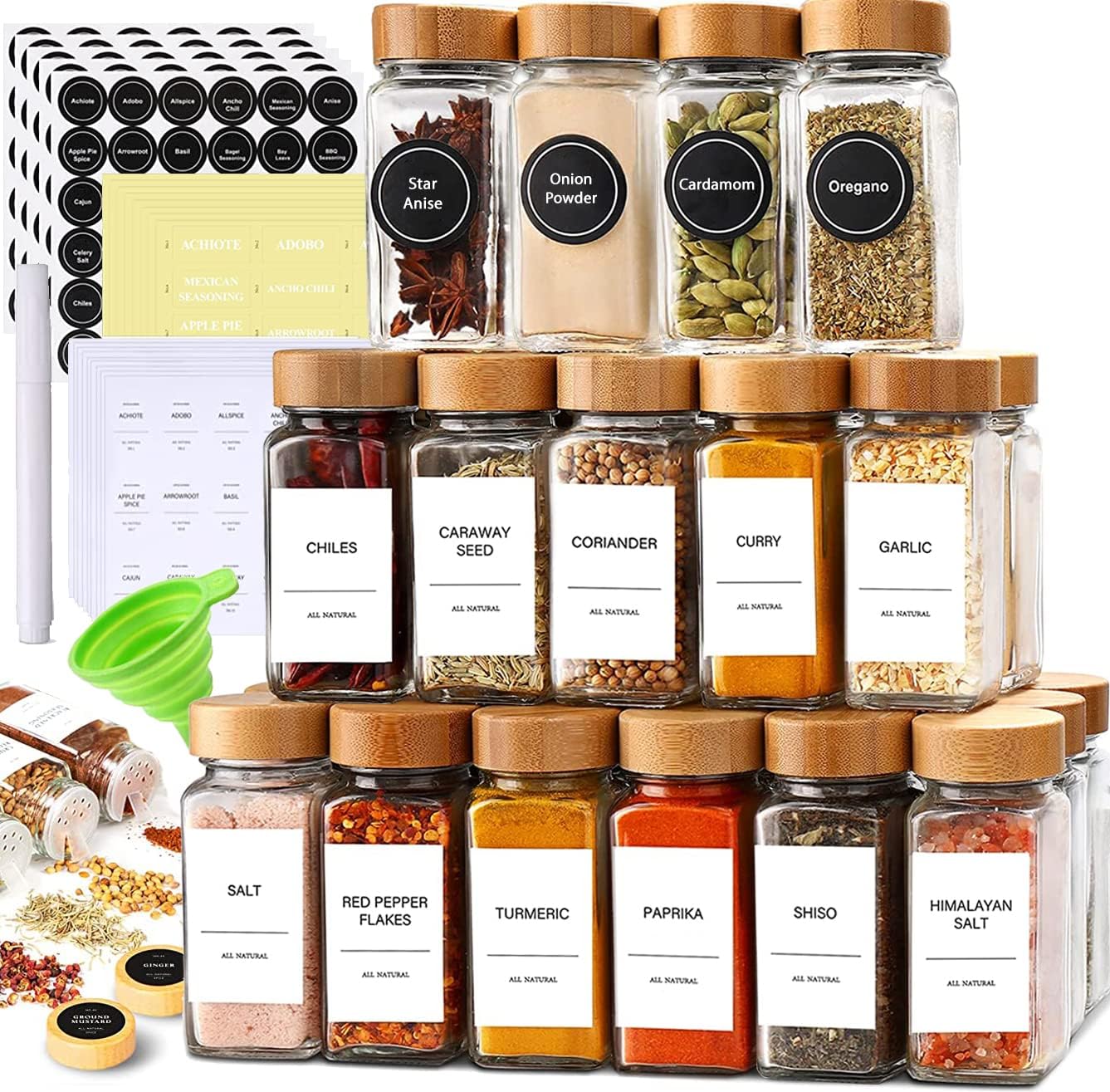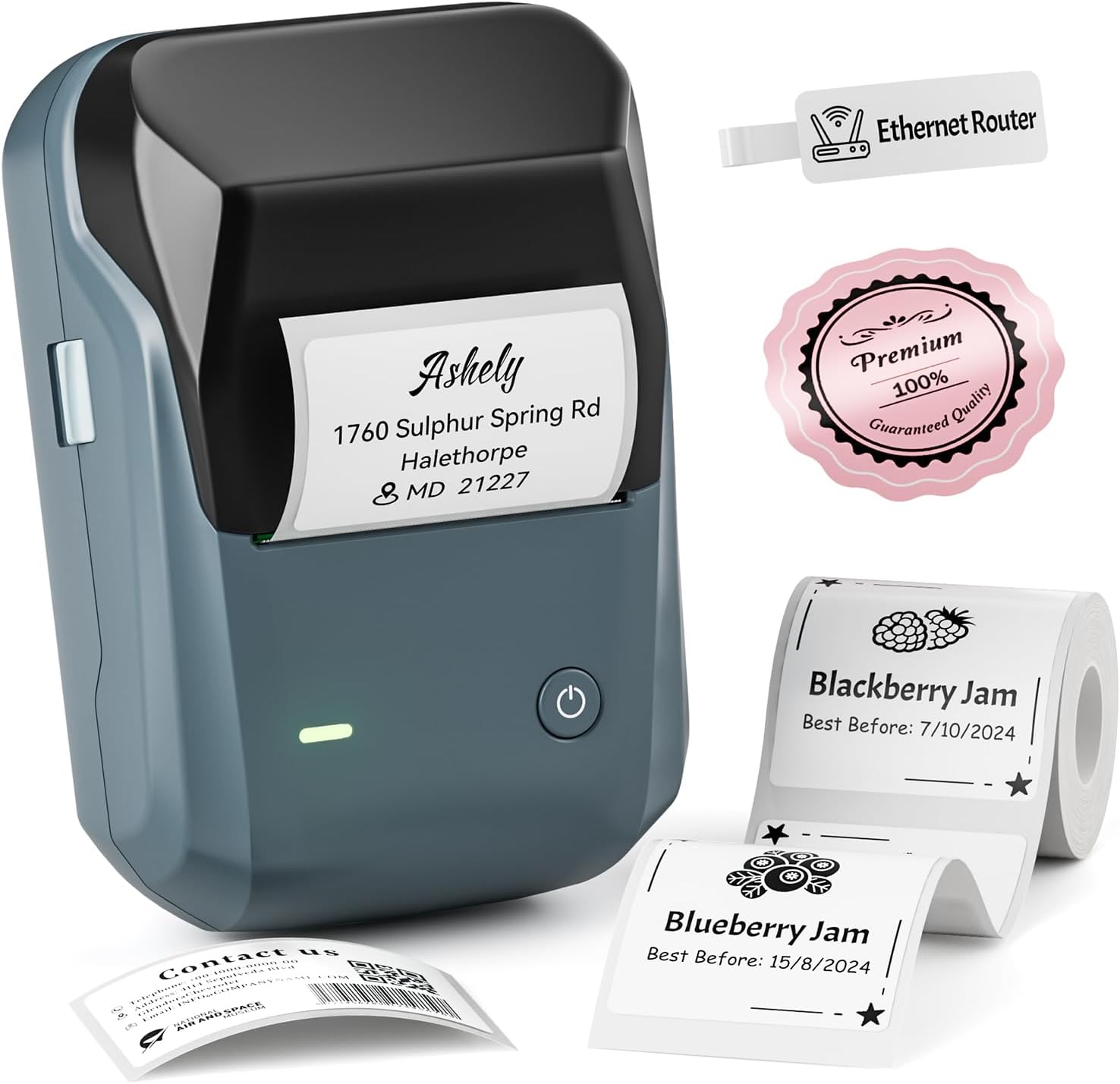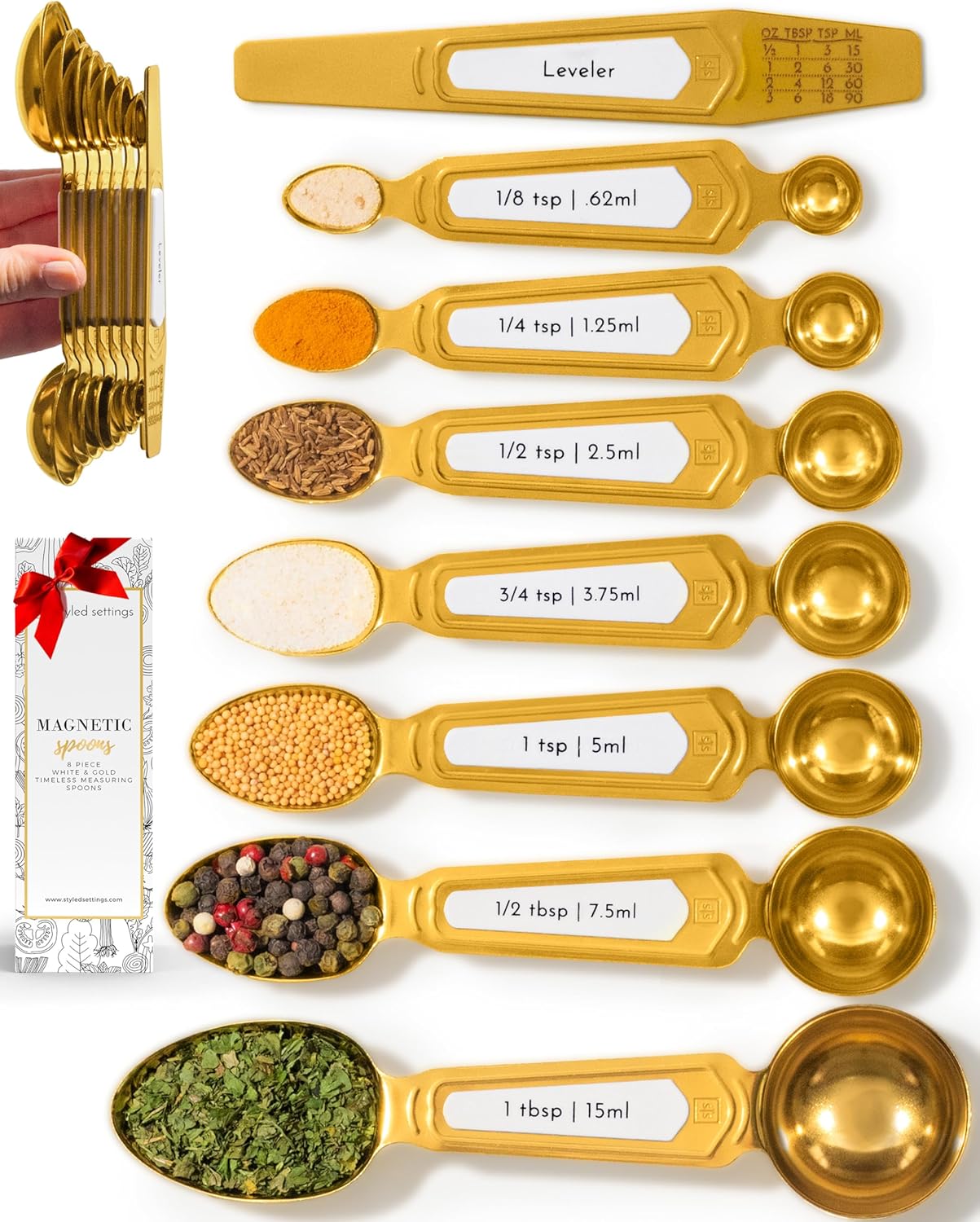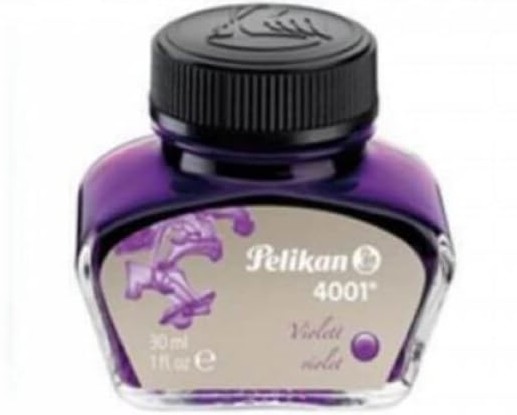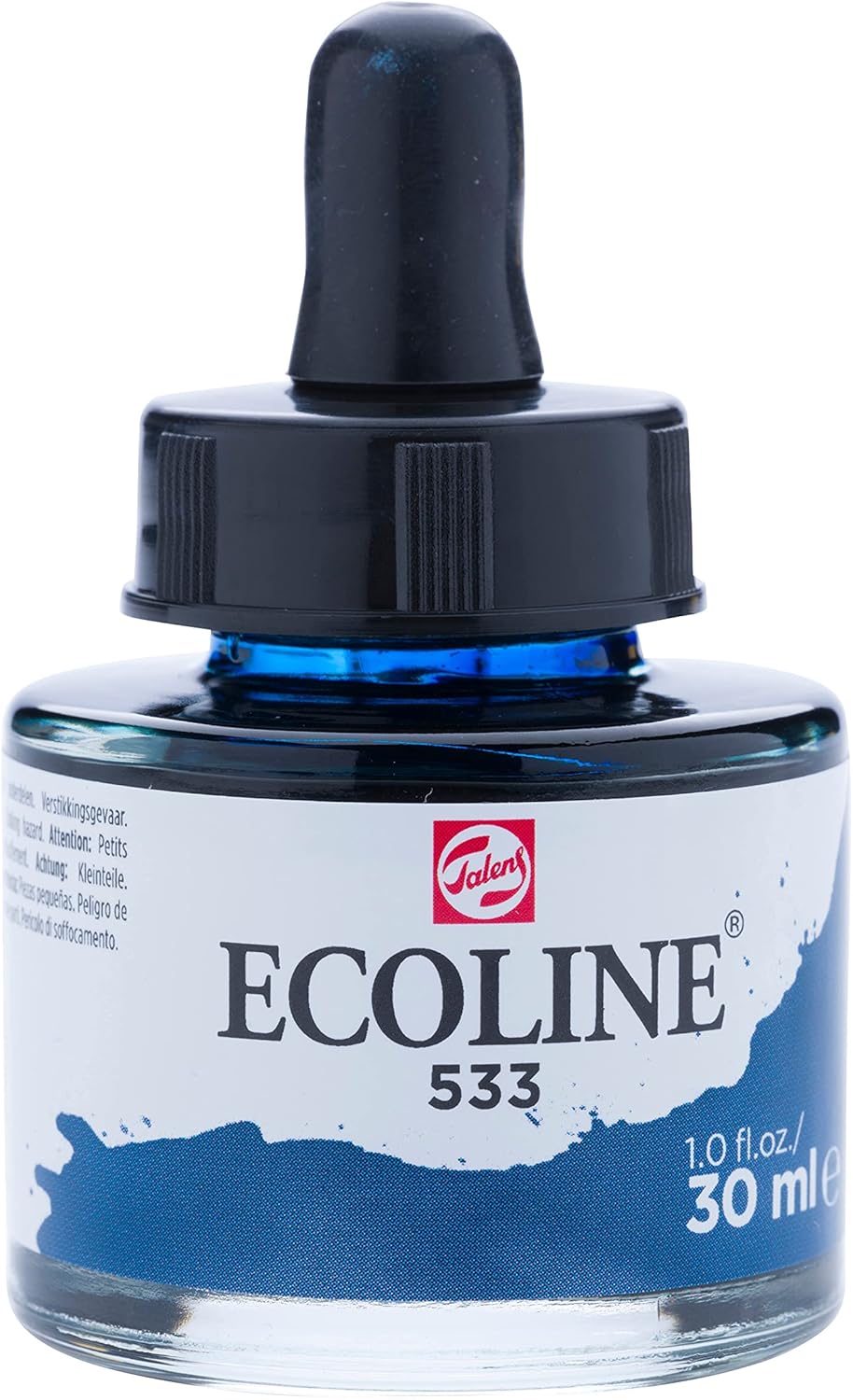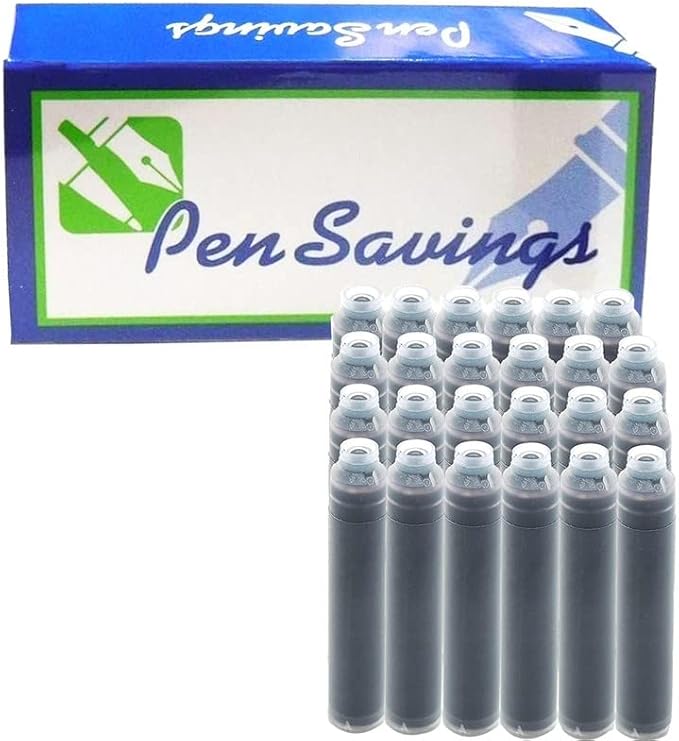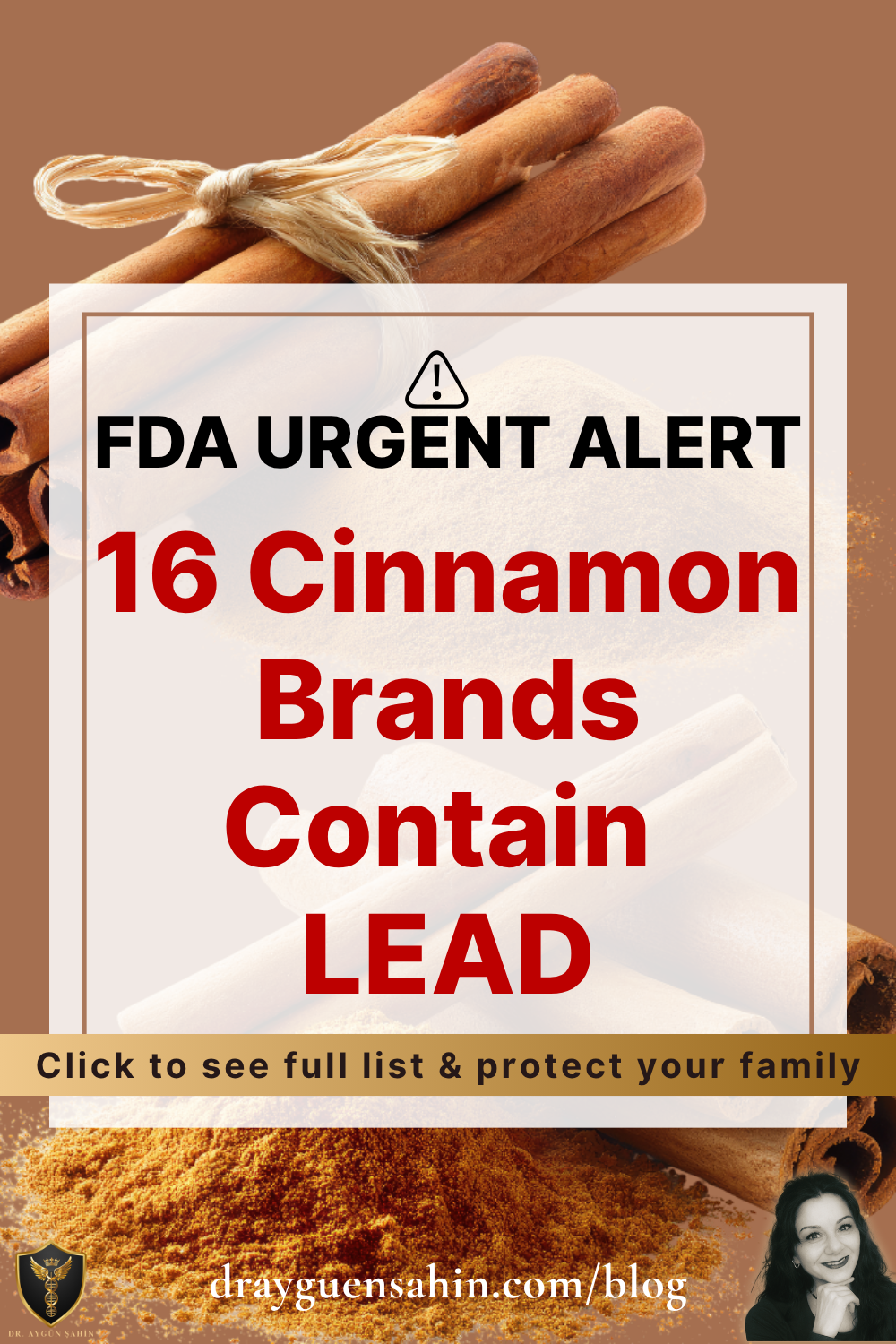
Is Your Cinnamon Safe? FDA Issues Urgent Alert for 16 Brands Containing Lead
Last Updated: October 2025 | Reading Time: 8 minutes
If you have cinnamon in your pantry right now, stop what you're doing and check the label. The FDA has just expanded its public health alert to include 16 ground cinnamon brands that contain dangerously elevated levels of lead - a toxic heavy metal with no safe level of exposure.
This is not a minor concern. Lead poisoning can cause permanent
neurological damage, especially in children, and the beloved spice
sitting in your kitchen cabinet could be putting your family at risk.
Breaking: FDA Identifies 4 More Contaminated Cinnamon Brands
In the past week alone, the Food and Drug Administration added four new brands to its growing list of contaminated cinnamon products. The newly identified brands include HAETAE, Roshni, Durra, and Wise Wife, bringing the total number of flagged brands to 16.
According to the FDA's assessment, prolonged exposure to these products may be unsafe and could contribute to elevated lead levels in the blood. The agency has requested voluntary recalls from all companies except HAETAE, and so far, 10 of the 16 brands have issued recall announcements.
The FDA's directive is clear: if you have any of these products on your shelf, throw them away immediately.
Complete List: 16 Cinnamon Brands Containing Lead
The FDA has identified elevated lead levels ranging from 2.03 parts per million (ppm) to a shocking 7.68 ppm in these brands:
To put this in perspective, even the "lowest" levels on this list represent significant contamination. The FDA maintains that there is no known safe level of lead exposure.
How Does Lead Get Into Cinnamon?
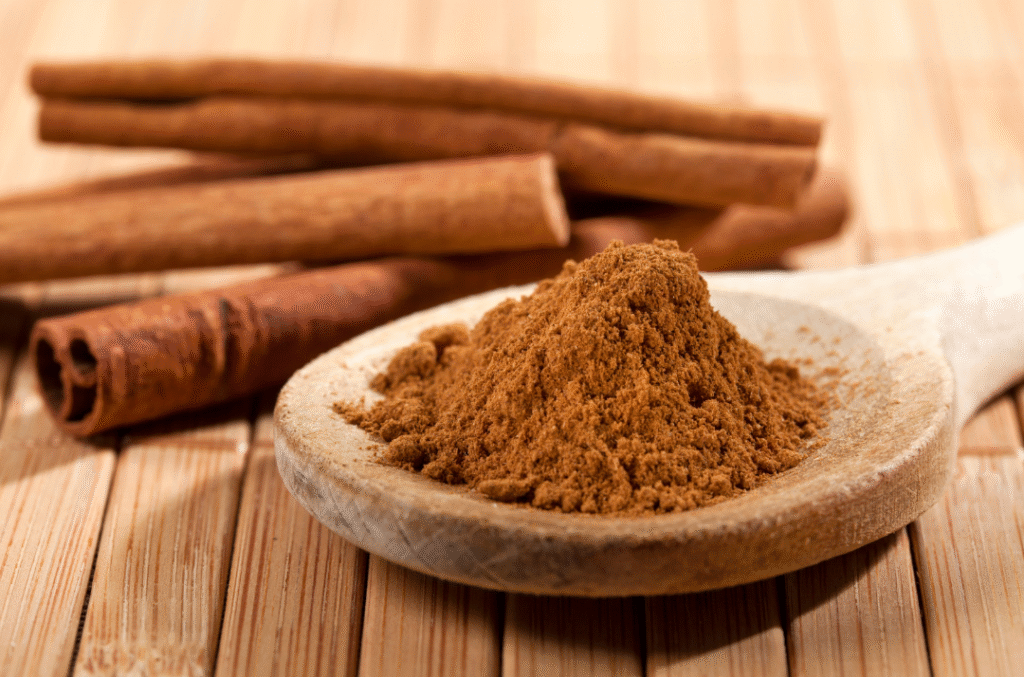
Understanding how this contamination occurs is crucial to preventing future incidents. According to Brian Ronholm, director of food policy at Consumer Reports, lead contamination in cinnamon happens through multiple pathways:
Soil Contamination: Cinnamon comes from the inner bark of certain tree species. These trees can absorb lead from contaminated soil, which may contain industrial byproducts and environmental pollutants.
Processing Equipment: Lead can leach into cinnamon during the grinding and processing stages from old or improperly maintained equipment.
Storage and Packaging: Contaminated storage containers or packaging materials can introduce lead into otherwise pure cinnamon.
This isn't cinnamon's first brush with lead contamination. In 2023, the FDA launched a major investigation after tainted cinnamon in applesauce pouches caused hundreds of children to suffer lead poisoning. The recalled products were sold under the brands WanaBana, Weis, and Schnucks - a scandal that shook parents nationwide.
The Serious Health Risks of Lead Exposure
The FDA's warning comes with good reason: there is no safe level of lead exposure. This toxic heavy metal accumulates in the body over time and can cause devastating health effects, particularly in vulnerable populations.
Risks to Children and Pregnant Women
Children are especially susceptible to lead poisoning because their developing brains and nervous systems are more sensitive to the toxic effects. According to the FDA, high levels of lead exposure in utero, infancy, and early childhood can result in:
Pregnant women who consume lead-contaminated products can pass the toxin to their developing babies, potentially causing lifelong neurological damage.
Health Consequences for Adults
Adults aren't immune to lead's harmful effects. The World Health Organization warns that lead exposure in adults can cause:
Since lead accumulates in the body over time, even "low-level" exposure from daily cinnamon use in your morning coffee or oatmeal can build up to dangerous levels over months or years.
What You Should Do Right Now
Step 1: Check Your Pantry Immediately
Go to your kitchen and examine every cinnamon container you own. Check the brand name against the list above. Look at both opened and unopened containers—contamination isn't visible to the eye.
Step 2: Dispose of Contaminated Products Safely
If you find any of the listed brands, the FDA recommends throwing them away immediately. Don't donate them or give them to others. Seal them in a bag before disposal to prevent accidental exposure.
Step 3: Monitor Your Family's Health
If your family has been consuming any of these products regularly, consider speaking with your healthcare provider about lead testing, especially if you have young children or are pregnant.
Step 4: Replace with Safer Alternatives
Not all cinnamon is contaminated. Look for reputable brands that conduct third-party testing for heavy metals. Some trusted options include certified organic brands with transparent testing practices.
Safer Cinnamon Alternatives You Can Trust
When shopping for replacement cinnamon, prioritize brands that:
Recommended products (always verify current testing):
Consider investing in a spice grinder to grind whole cinnamon sticks at home - this gives you more control over quality and freshness while potentially reducing contamination risks from processing facilities.
Ceylon vs. Cassia: Does Cinnamon Type Matter?
There are two main types of cinnamon: Ceylon (also called "true cinnamon") and Cassia. While both can potentially contain lead contamination depending on growing and processing conditions, Ceylon cinnamon generally:
However, the type of cinnamon alone doesn't guarantee safety - testing and quality control practices matter most.
Understanding FDA Food Safety in 2025
This latest alert comes during a period of significant uncertainty at the FDA. In March 2025, the agency announced plans to cut 3,500 employees, though some dismissals have since been reversed. Despite budget and staffing challenges, the FDA continues to monitor food safety and issue alerts for contaminated products.
Brian Ronholm from Consumer Reports notes: "Overall, it's troubling that these elevated lead levels continue to be found in cinnamon. It's also reassuring that the FDA is continuing to scrutinize these products given all of the budget and staffing uncertainty they are experiencing."
Thousands of FDA-regulated products - from food to drugs to cosmetics - are recalled each year to protect public health. Staying informed about these recalls is essential for protecting your family.
How to Stay Updated on Food Recalls
Food safety is an ongoing concern. To stay informed about future recalls:
The Bigger Picture: Spice Safety Concerns
Cinnamon isn't the only spice that has faced contamination issues. In recent years, consumer safety organizations have found concerning levels of heavy metals in:
This highlights the importance of purchasing spices from reputable sources and supporting brands that prioritize testing and transparency.
Expert Tips for Spice Safety
Buy from Reputable Retailers
Purchase spices from established stores with good quality control. Avoid purchasing spices from:
Look for Quality Certifications
Seek out products with:
Store Spices Properly
Even safe spices can degrade or become contaminated through improper storage:
Consider Growing Your Own
For the truly cautious, consider growing your own herbs and spices when possible, or purchasing whole spices and grinding them yourself with a dedicated coffee/spice grinder.
Essential Kitchen Tools for Spice Safety
Investing in the right tools can help you maintain better control over your spice quality:
High-Quality Products I like:
Questions to Ask Your Doctor
If you've been regularly consuming any of the contaminated cinnamon brands, especially if you're pregnant or have young children, consider scheduling an appointment to discuss:
The Bottom Line: Take Action Today
The FDA's expanded alert about lead in cinnamon is a serious public health concern that demands immediate attention. With 16 brands now identified as containing dangerous levels of lead, checking your pantry isn't optional - it's essential.
Lead poisoning is 100% preventable, but only if you take action. The few minutes it takes to check your spices could protect your family from permanent neurological damage, developmental delays, and chronic health problems.
Don't wait until you finish your current container. Don't assume that because you haven't seen symptoms, everything is fine. Lead accumulates silently in the body, causing damage long before symptoms appear.
Take these steps immediately:
✓ Check every cinnamon product in your home against the FDA's list
✓ Dispose of any contaminated products safely
✓ Replace with tested, certified brands from reputable sources
✓ Consult your healthcare provider if you have concerns about exposure
✓ Sign up for FDA recall alerts to stay informed
✓ Dispose of any contaminated products safely
✓ Replace with tested, certified brands from reputable sources
✓ Consult your healthcare provider if you have concerns about exposure
✓ Sign up for FDA recall alerts to stay informed
Your family's health is worth the effort. Make spice safety a priority today.
Frequently Asked Questions
Q: Can I still use cinnamon that's not on the recall list?
A: Yes, but choose reputable brands that conduct third-party testing for heavy metals. Look for organic certification and quality seals.
Q: How long does lead stay in the body?
A: Lead accumulates in bones and can remain for years. The body eliminates it slowly, which is why even low-level chronic exposure is dangerous.
Q: Are cinnamon supplements affected?
A: This recall currently focuses on ground cinnamon for cooking. However, if your supplements contain cinnamon, check with the manufacturer about their testing protocols.
Q: Is Ceylon cinnamon safer than Cassia?
A: The type of cinnamon doesn't inherently determine lead contamination - growing conditions and processing matter most. Both types require proper testing.
Q: Should I stop using cinnamon altogether?
A: No, but be selective about your sources. Choose brands with transparent testing practices and quality certifications.
Q: Can cooking or baking eliminate lead from cinnamon?
A: No, lead is a heavy metal that cannot be removed or neutralized through cooking, baking, or any home preparation method.
Disclaimer: This article is for informational purposes only and should not be considered medical advice. If you have concerns about lead exposure, consult with a qualified healthcare professional. Product recommendations are based on general quality and safety principles—always verify current testing and certification before purchase.
Sources: FDA Public Health Alerts, Consumer Reports, World Health Organization, CBS News Health
Stay safe and informed. Share this article with family and friends who need to know about this important recall.
As promised, I found the links to the inks I've got on Amazon (these are affiliate links):
1) The purple Pelikan ink: https://amzn.to/3ICcflR
2) The blue water color ink (I also used it journaling, so beautiful): https://amzn.to/4pQCkhz
3) The blue fountain pen ink cartridges (btw, I never liked and never used "black" ink, ever!): https://amzn.to/42oLBU5

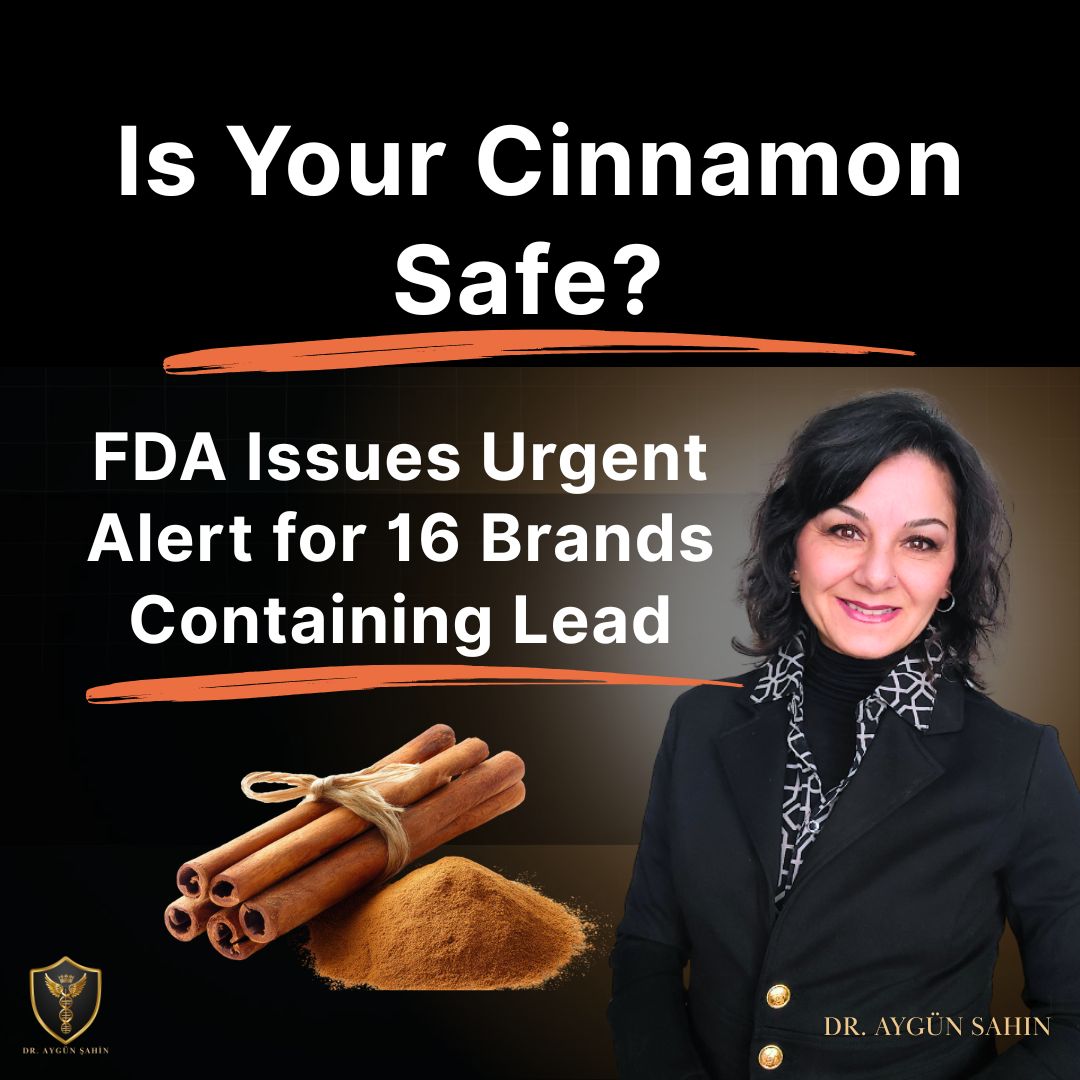
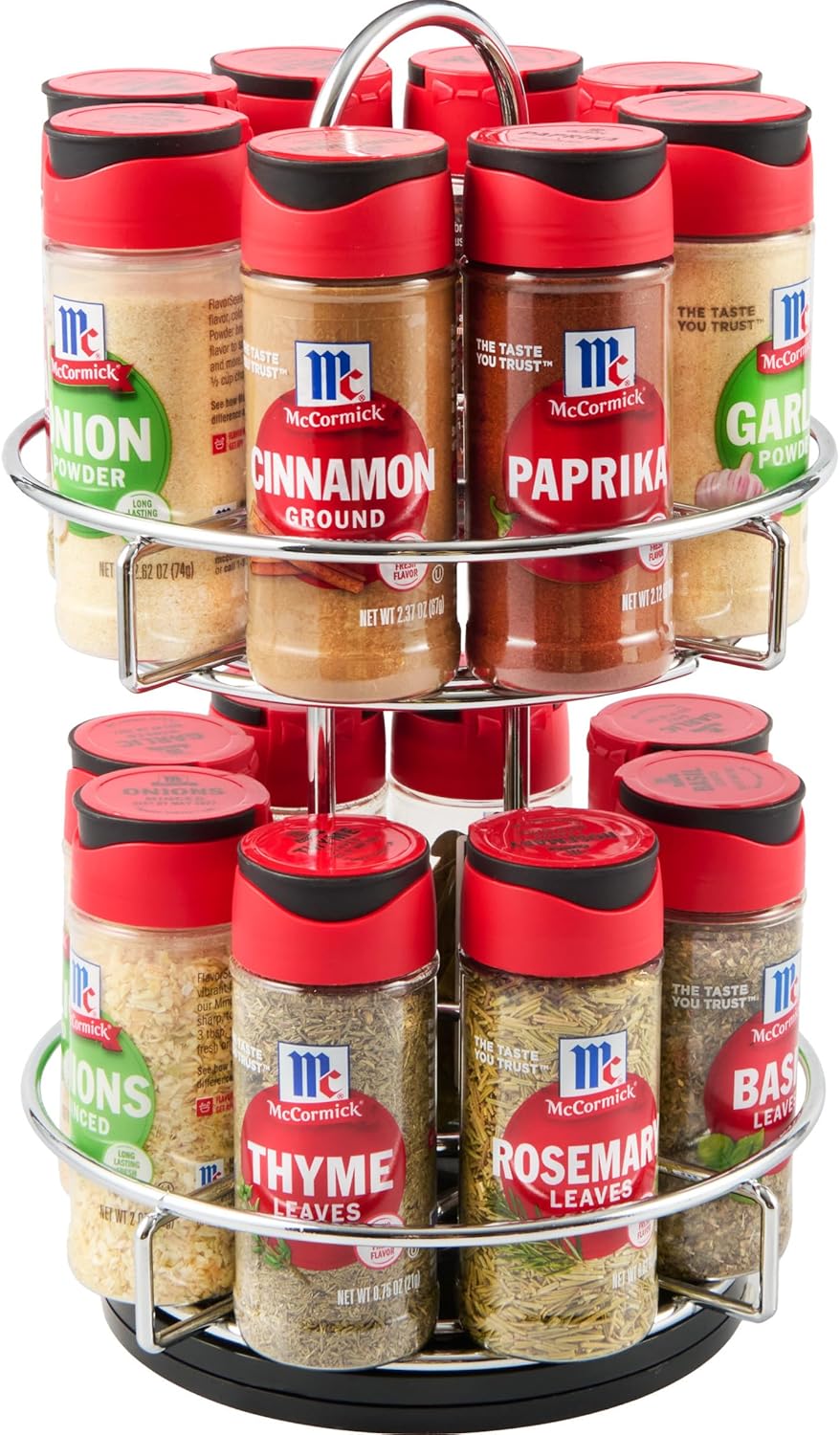
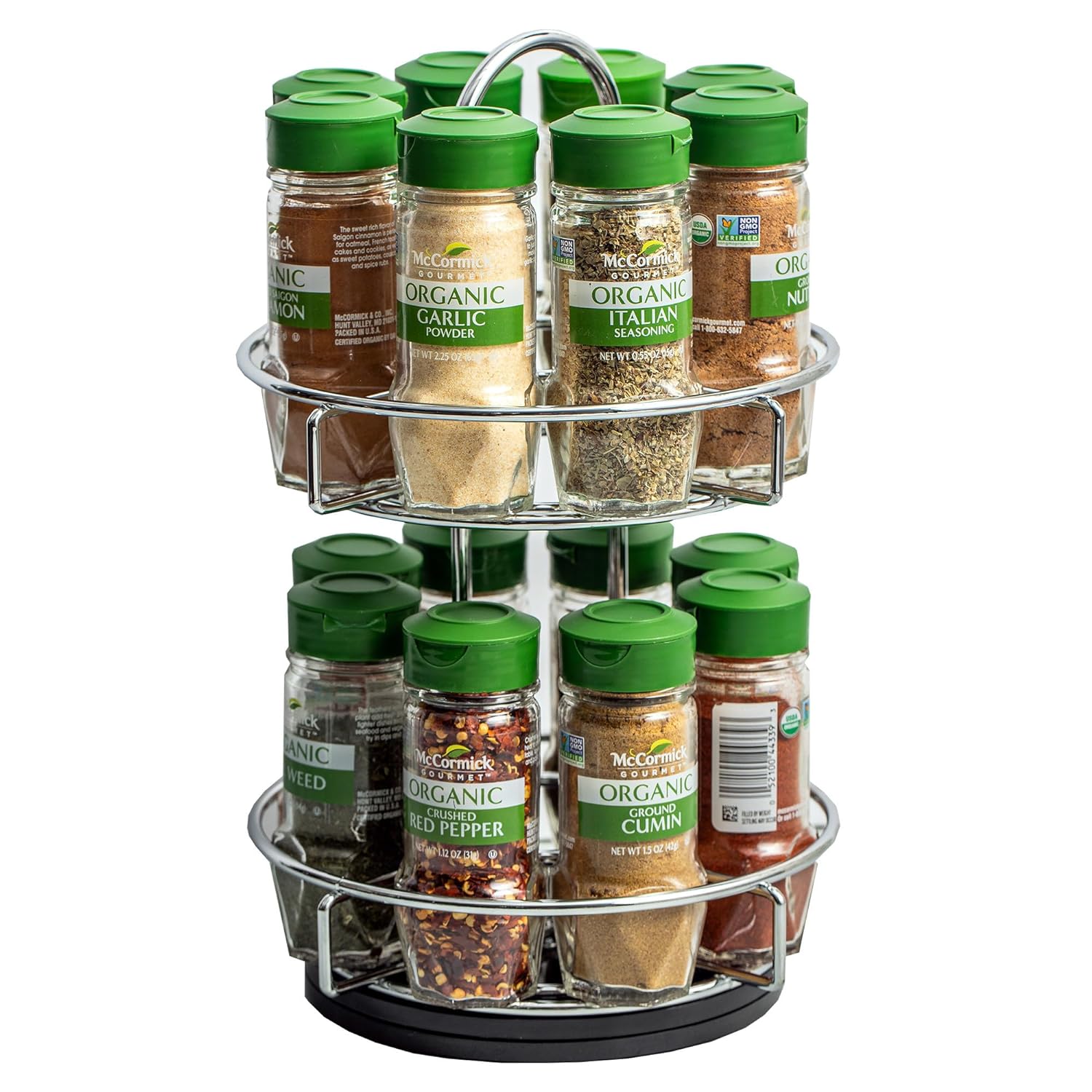
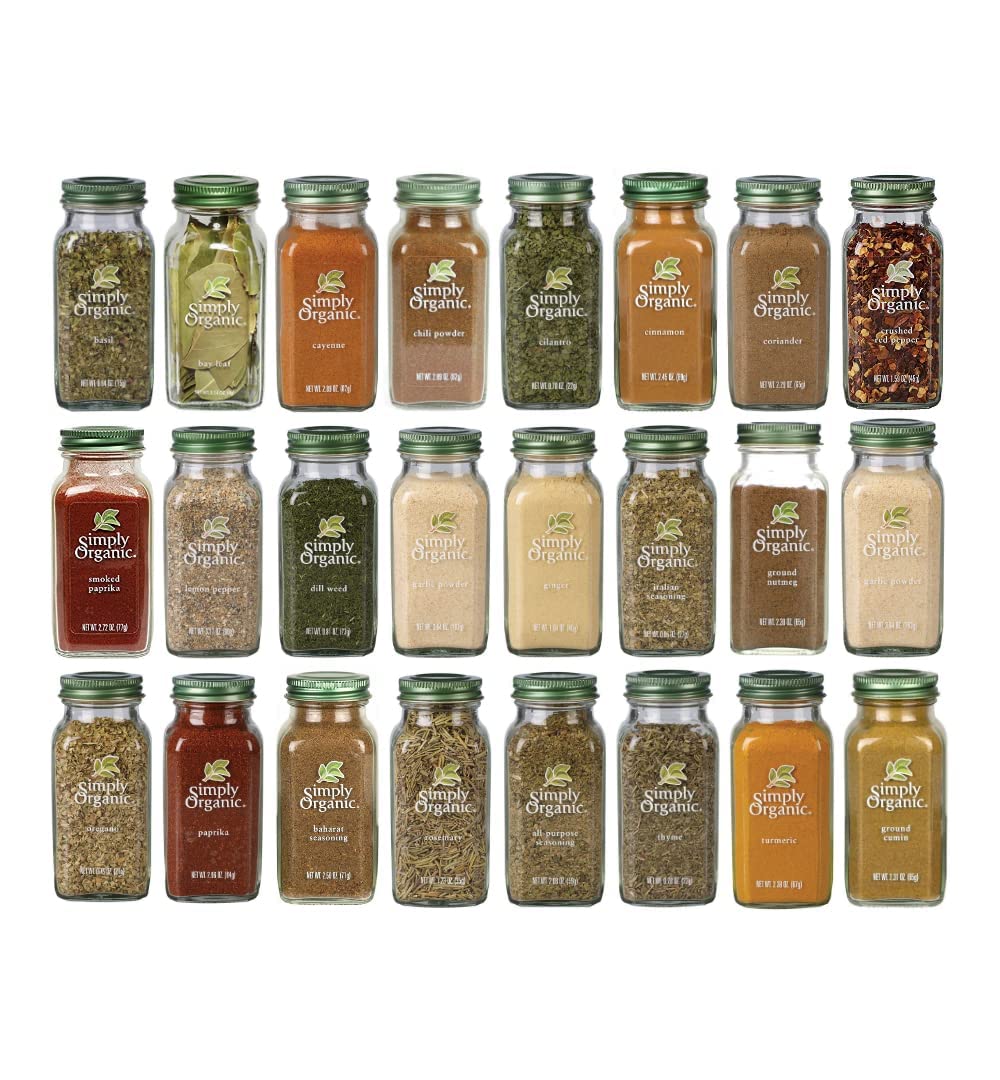
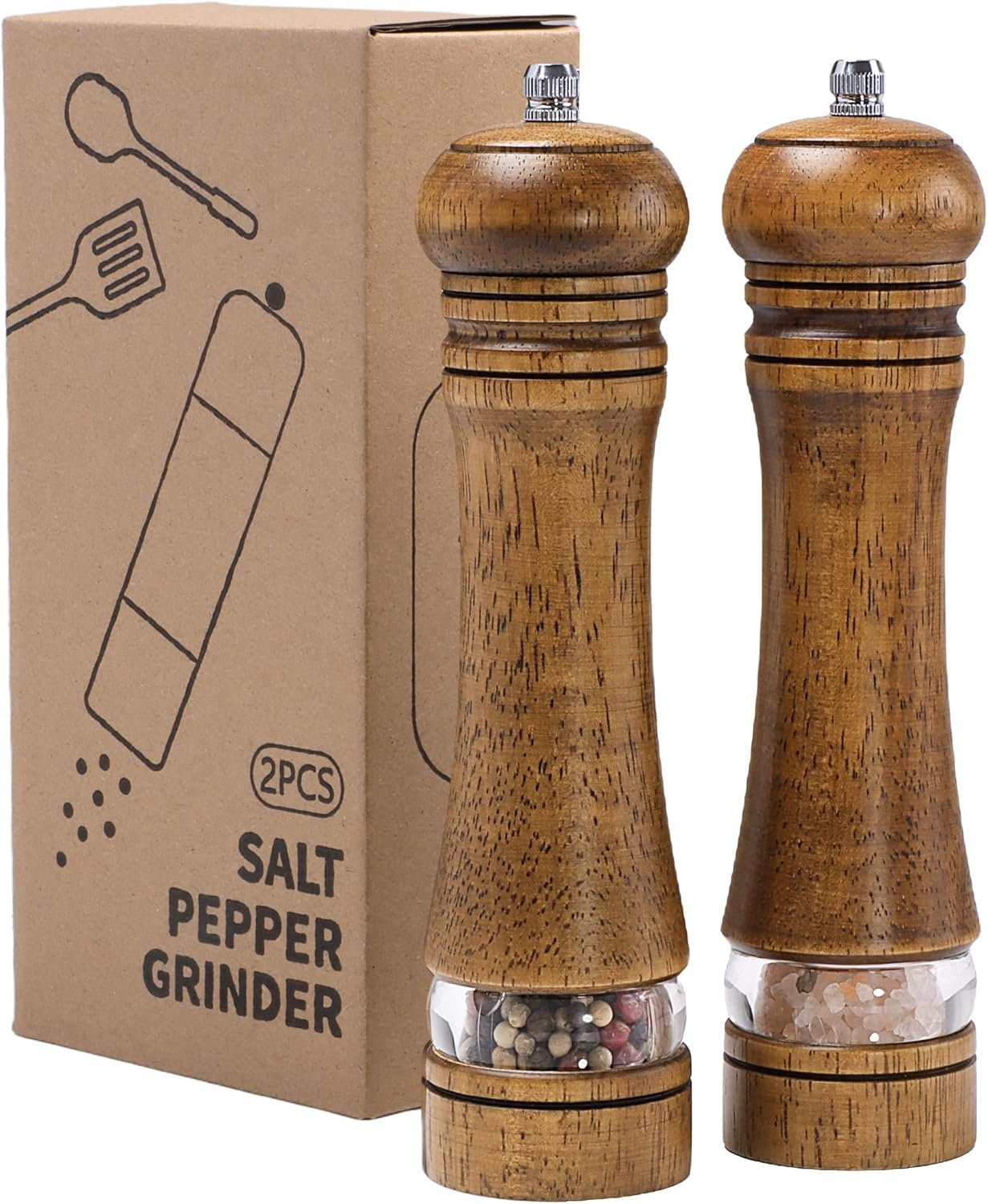
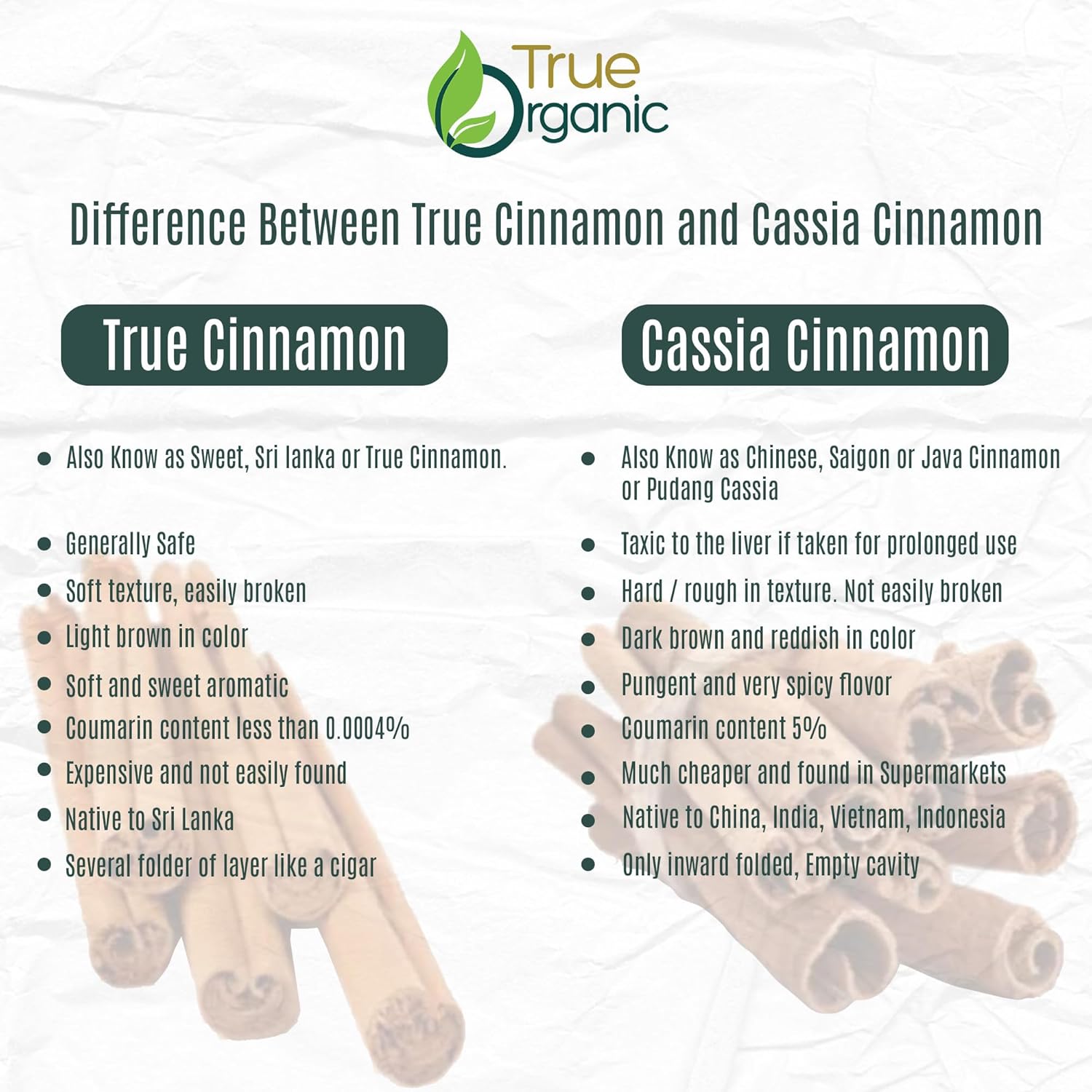
![COOL KNIGHT Electric Herb Grinder [Large Capacity/High Rotating Speed]-Electric Grinder for Spices and Herbs (Wood grain 2) COOL KNIGHT Electric Herb Grinder [Large Capacity/High Rotating Speed]-Electric Grinder for Spices and Herbs (Wood grain 2)](https://drayguensahin.com/wp-content/uploads/2025/10/81eaCKcs6bL._AC_SL1500_.jpg)
